Lesson AI Summary
Introduction
Project Management is the practice of initiating, planning, executing, controlling, and closing the work of a team to achieve specific goals and meet specific success criteria at the specified time. The primary challenge of project management is to achieve all of the project goals within the given constraints. This includes the financial resources, time, scope, quality and most importantly, the satisfaction of all stakeholders.
Paragraph 1:
Project management is a complex process that involves numerous stakeholders, including the project manager, the project team, and the project sponsor. It requires the development of a well-defined plan for the project, including the project's objectives, timelines, resources, and risks. The project manager is responsible for the successful completion of the project and must have a thorough understanding of the project's goals, budget, timeline, and people involved.
Paragraph 2:
Project management also involves setting up the project team, which consists of the team members responsible for completing the project within the agreed-upon timeframe and budget. The team must also be able to communicate and collaborate with each other effectively to ensure the project's success. The project manager must be able to motivate the team members, manage resources, and resolve issues that may arise during the project.
Paragraph 3:
Project management also involves the monitoring and control of the project. The project manager must be able to track progress, identify risks, and take corrective action when necessary. The project manager must also understand how to measure project success and ensure that the project is meeting its objectives.
Paragraph 4:
Project management is an essential skill for any organization. It can help to ensure that projects are completed on time and within budget, while also ensuring that all stakeholders are satisfied with the results. Project managers must possess strong organizational and communication skills, as well as a thorough understanding of the project's goals, timeline, and resources.
Paragraph 5:
Project management is a critical skill for successful organizations. It is essential for meeting deadlines, staying within budget, and ensuring the satisfaction of all stakeholders. By utilizing project management techniques, organizations can ensure that projects are completed successfully and on time.
Conclusion
Project management is an essential skill for any organization. It requires the development of a well-defined plan for the project, the setting up of the project team, and the monitoring and control of the project. Project managers must possess strong organizational and communication skills, as well as a thorough understanding of the project’s goals, timeline, and resources in order to ensure the successful completion of the project. With the right project management skills, organizations can ensure that projects are completed successfully and on time.
References
Babich, N. (2021). What Is Project Management? Retrieved from https://www.projectmanager.com/what-is-project-management
Project Management Institute. (2013). A Guide to the Project Management Body of Knowledge (PMBOK Guide). Newtown Square, PA: Project Management Institute.
LESSON PLAN
Objective: By the end of the lesson, students will be able to explain the basics of project management, how it works and how it is maintained.
Materials Needed:
-Whiteboard and markers
-Project management slides
-Handouts
-Project management textbooks
Time Allotted: 1 hour
Procedure:
1. Introduction (10 minutes)
-Introduce the topic of project management and explain its importance in day to day activities.
-Discuss the different elements of project management, such as planning, scheduling, budgeting, etc.
2. Lecture (30 minutes)
-Use slides to further explain the concepts of project management and how they are used in real-world scenarios.
-Provide examples and case studies to exemplify the use of project management.
3. Group discussion (20 minutes)
-Divide the class into smaller groups and give each group a handout with questions about project management.
-Allow the groups to discuss and answer the questions.
-Invite each group to present their answers to the class.
4. Conclusion (10 minutes)
-Summarize the most important points discussed during the lesson.
-Provide additional resources for further study, such as textbooks or websites.
-Answer any remaining questions.
Introduction to Project Management
Instructor: ____________________
Course Description:
This course introduces students to the principles and techniques of project management. The course covers the basic concepts of project management, including project scope, planning, scheduling, budgeting, performance measurement, and risk management. Topics will focus on learning the project life cycle, developing a project charter, and understanding project management tools and techniques.
Objectives:
By the end of the course, students should be able to:
1. Define and explain the basic concepts of project management.
2. Identify and explain the components of project management.
3. Identify and describe the project life cycle.
4. Develop a project charter.
5. Utilize different project management tools and techniques.
Course Requirements:
1. Participation in class discussions
2. Completion of all assigned readings
3. Completion of all assignments and projects
4. Final project
Grading:
Participation: 10%
Assignments and Projects: 40%
Final Project: 50%
Textbook:
Project Management: A Systems Approach to Planning, Scheduling, and Controlling, 12th Edition, by Harold Kerzner
Schedule:
Week 1: Introduction to Project Management
Week 2: Project Planning and Scheduling
Week 3: Project Budgeting and Cost Control
Week 4: Risk Management
Week 5: Performance Measurement and Reporting
Week 6: Final Project Presentations
Policies:
1. Assignments are due at the beginning of the class period on the specified due date.
2. Academic dishonesty will not be tolerated. All work must be your own.
3. Late work will not be accepted.
4. Make-up exams will not be given.
5. Cell phones and other electronic devices must be turned off during class.
6. A minimum of 80% attendance is required.
7. Unexcused absences will result in a 0 for the class.
1. Understand the fundamentals of project management and the roles and responsibilities of a project manager.
2. Develop an understanding of the project life cycle and the key concepts of project planning, scheduling and control.
3. Learn how to create a project plan and manage projects using appropriate tools and techniques.
4. Develop the skills necessary to effectively manage resources and budgets for successful project completion.
5. Identify, analyze and manage project risks and develop strategies to mitigate them.
6. Understand the different methods of project evaluation and how to apply them.
7. Develop communication and negotiation skills to effectively lead projects.
8. Critically assess the success of projects and identify areas for improvement.
.
1. What is the first step in project management?
a. Define the project
b. Execute the project
c. Develop the plan
d. Monitor and control the plan
Answer: a. Define the project
2. What type of management focuses on project objectives?
a. Strategic management
b. Operational management
c. Project management
d. Tactical management
Answer: c. Project management
3. What is the primary purpose of a project charter?
a. To define the scope of the project
b. To define the roles and responsibilities of project team members
c. To define the timeline for the project
d. To provide an overview of the project
Answer: d. To provide an overview of the project
4. What is the goal of risk management?
a. To identify and prevent risks
b. To document and analyze risks
c. To plan for and manage risks
d. To monitor and control risks
Answer: c. To plan for and manage risks
5. What type of chart is used to visually represent the tasks and activities of a project?
a. Gantt Chart
b. Fishbone Diagram
c. Network Diagram
d. PERT Chart
Answer: a. Gantt Chart
AI Conversation
Lesson has no AI Conversation
Introduction to Project Management
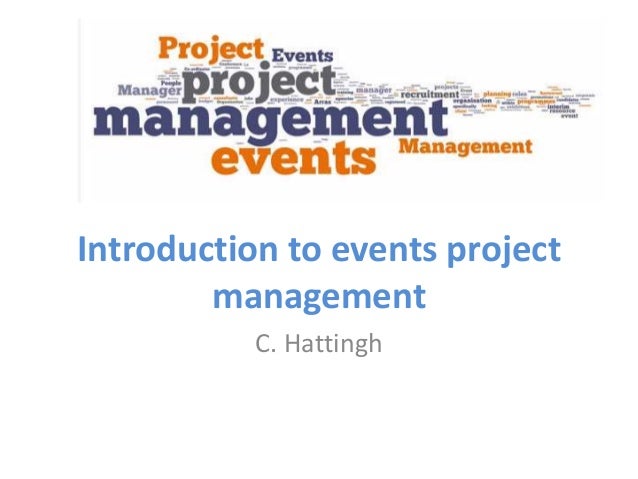
scope
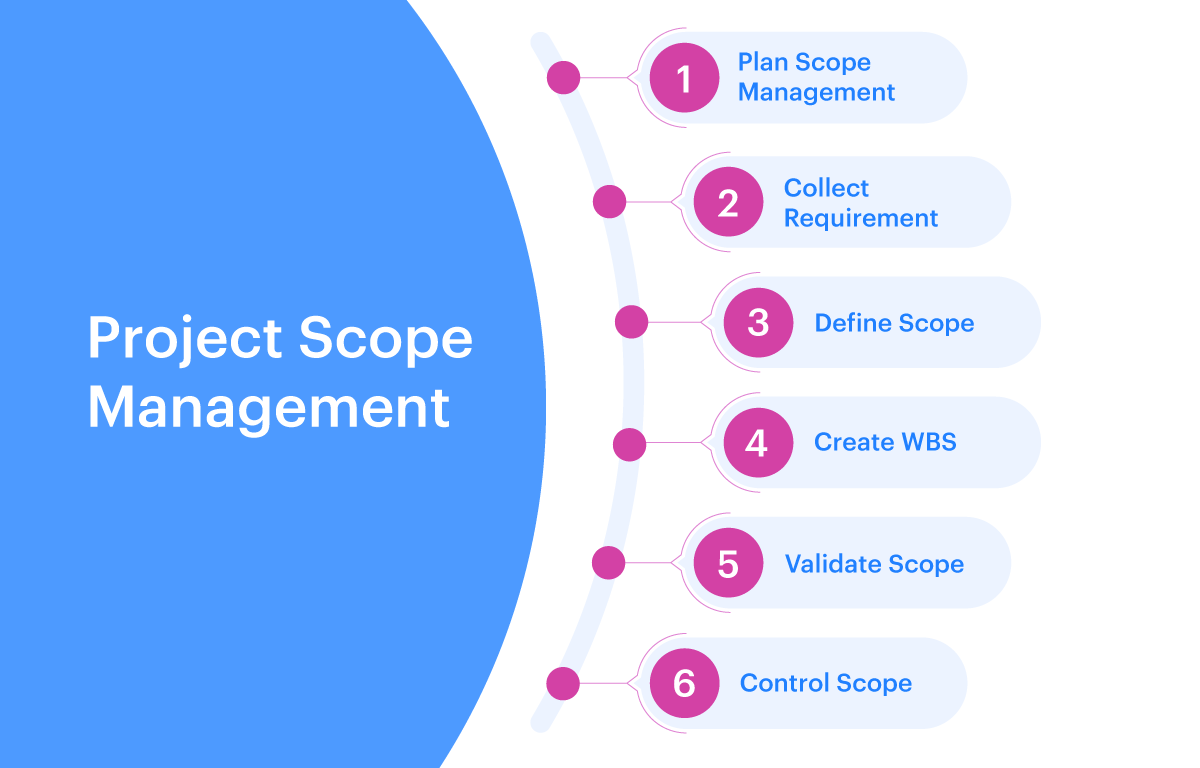
https://www.youtube.com/watch?v=NXw0bvvYWYo
Scope within the context of introduction to project management refers to defining the boundaries and objectives of a project. It involves determining what is included and excluded from the project, setting clear goals, and managing stakeholders' expectations.
cost
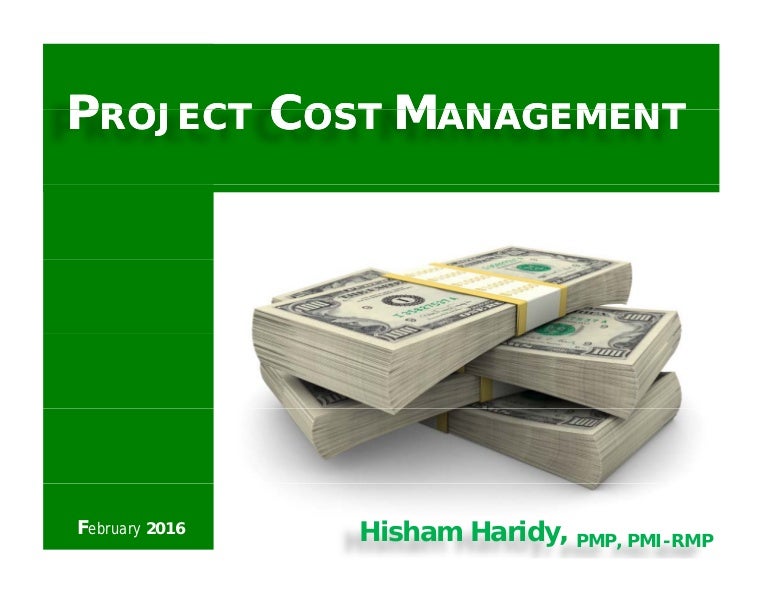
https://www.youtube.com/watch?v=sjH09MQ3-xE
Cost is a crucial aspect of project management, encompassing the financial resources required for successful project completion. It involves estimating, budgeting, and controlling expenses throughout the project lifecycle. Understanding cost helps ensure efficient resource allocation and effective decision-making, leading to project success.
time
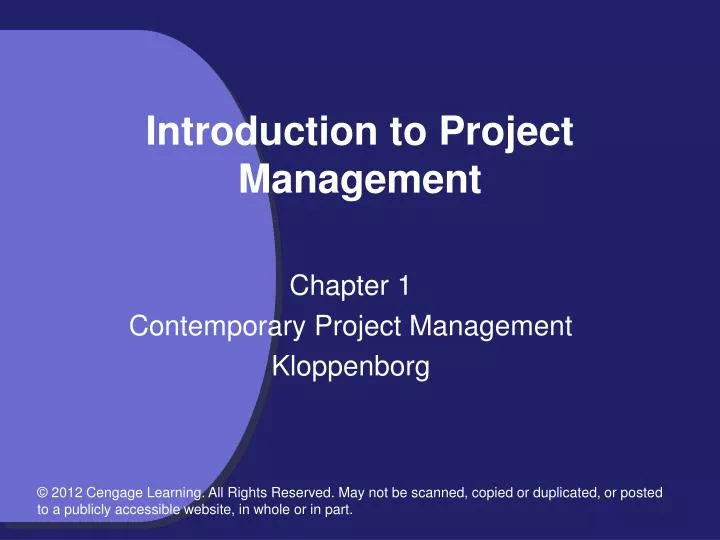
https://www.youtube.com/watch?v=rck3MnC7OXA
Time is a critical factor in project management, encompassing planning, scheduling, and executing tasks within specified deadlines. Efficient time management ensures project success, meeting objectives, and delivering results. It involves prioritizing activities, allocating resources, and monitoring progress to ensure timely completion while minimizing delays and maximizing productivity.
risk

https://www.youtube.com/watch?v=Nwl7PquhU5U
Risk is an inherent part of project management, encompassing potential uncertainties and threats that may hinder project success. Identifying, analyzing, and mitigating risks is crucial to minimize negative impacts and maximize project outcomes.
human resources
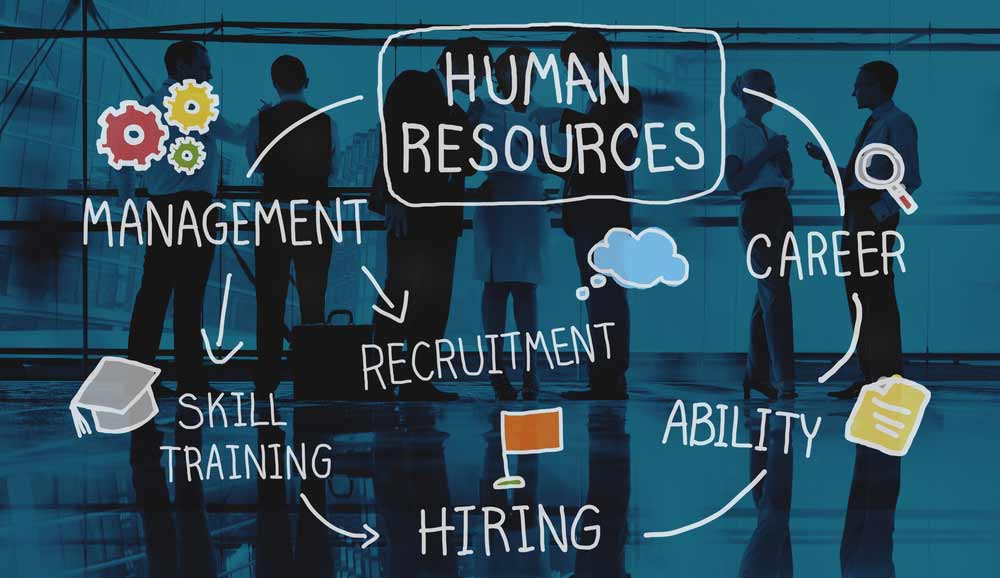
Human resources in project management involves managing the people involved in a project. This includes recruiting, training, and assigning team members, as well as ensuring their well-being and motivation. Effective HR practices are crucial for project success.
https://www.youtube.com/watch?v=aqEKLQxIUEY
communication

https://www.youtube.com/watch?v=S2lLKYV4e6M
Communication is essential in project management as it ensures effective collaboration and understanding among team members. It involves sharing information, ideas, and feedback to achieve project goals. Clear and concise communication helps prevent misunderstandings and promotes successful project completion.
quality
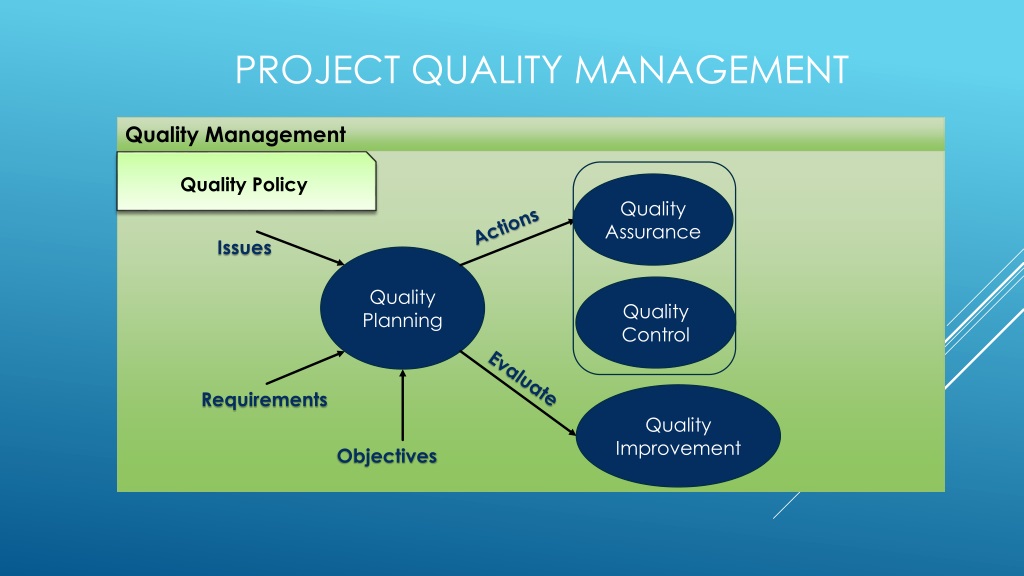
https://www.youtube.com/watch?v=Q7YJ-_OJIZQ
Quality within the context of introduction to project management refers to meeting the specified requirements and expectations of stakeholders. It involves ensuring that deliverables are error-free, reliable, and meet the desired standards. Effective quality management is crucial for successful project completion and customer satisfaction.
stakeholders

https://www.youtube.com/watch?v=4y3Rijojwok
Stakeholders in project management are individuals or groups who have an interest or are affected by a project. They can include project sponsors, team members, customers, suppliers, and the community. Understanding and managing stakeholders is crucial for successful project delivery.
integration
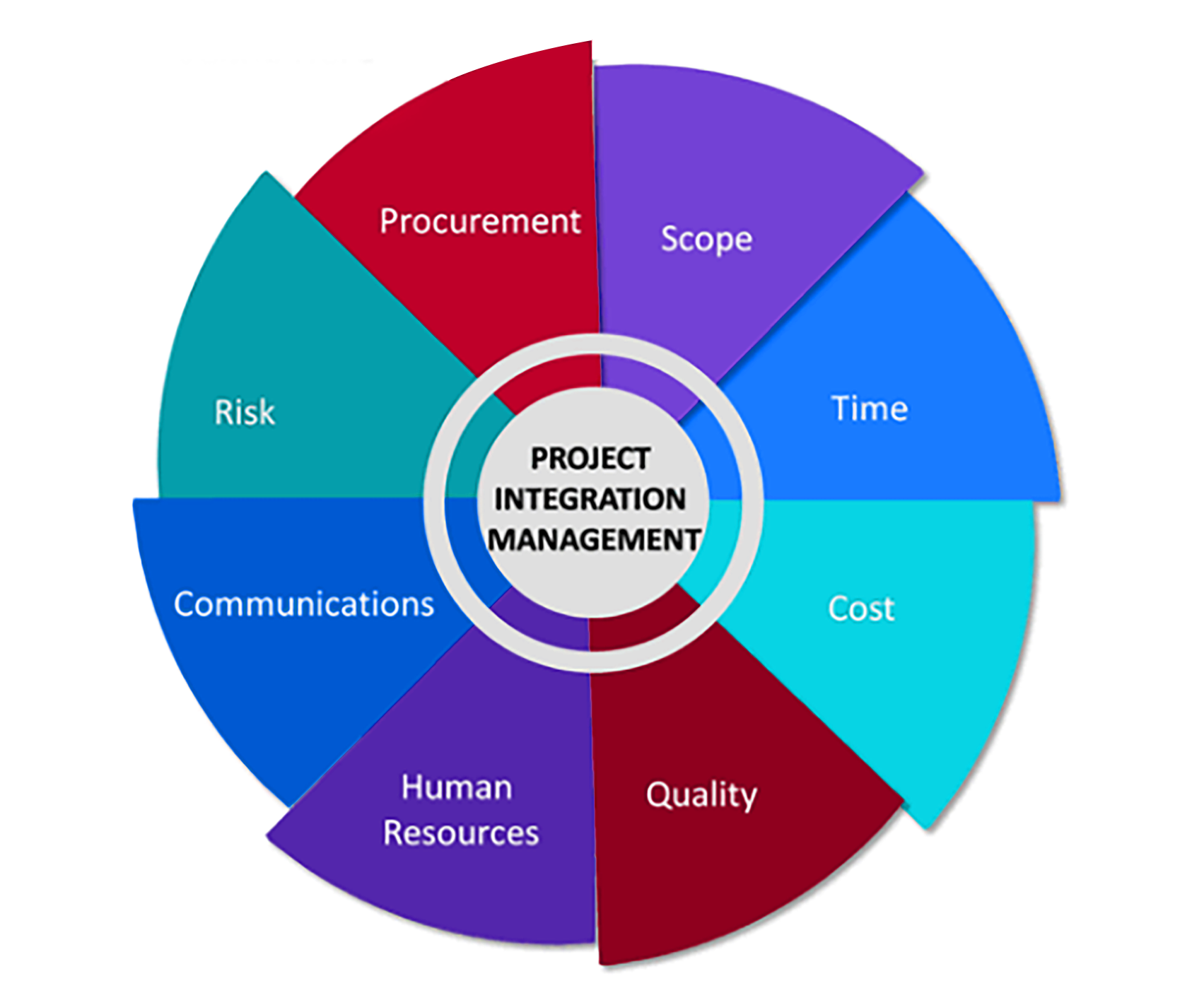
https://www.youtube.com/watch?v=dUzH42S4o84
Integration in project management refers to the coordination and synchronization of various project elements. It involves combining different processes, activities, and components to ensure smooth project execution. Effective integration ensures that all project aspects work together seamlessly, leading to successful project completion.
procurement
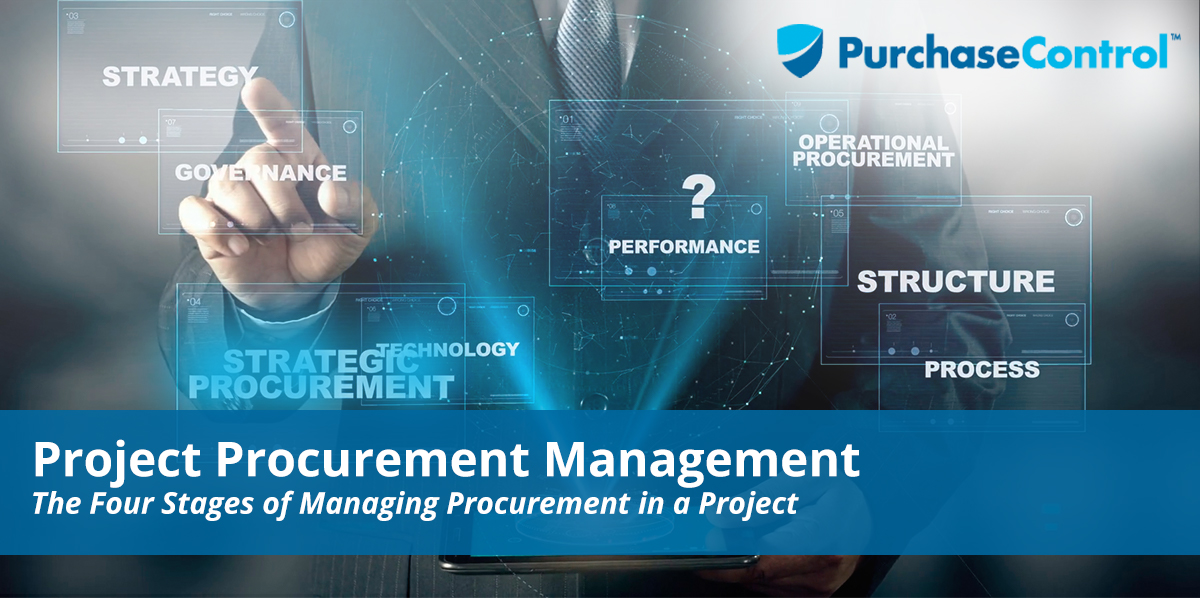
https://www.youtube.com/watch?v=Ig0uVNXhR9Q
Procurement in project management involves acquiring goods and services needed for a project. It includes sourcing, selecting vendors, negotiating contracts, and managing relationships. Efficient procurement ensures timely delivery, cost-effectiveness, and quality, ultimately contributing to project success.